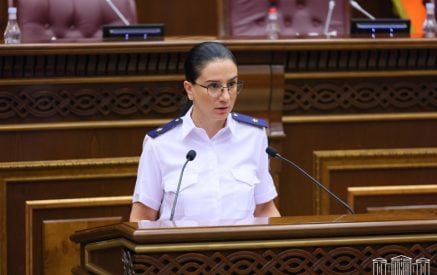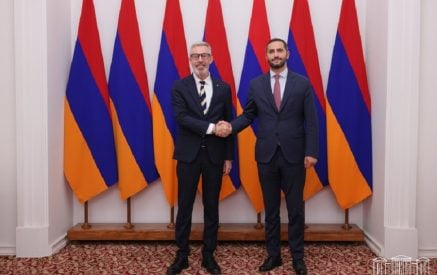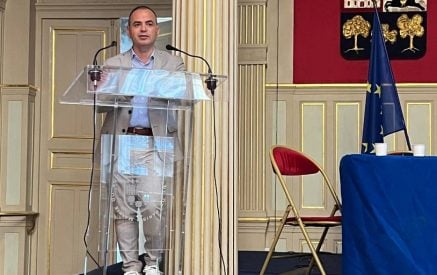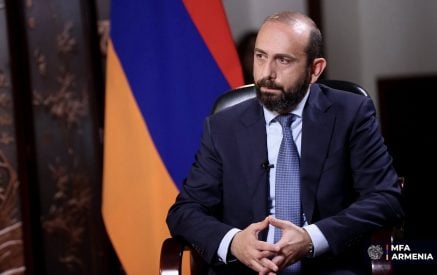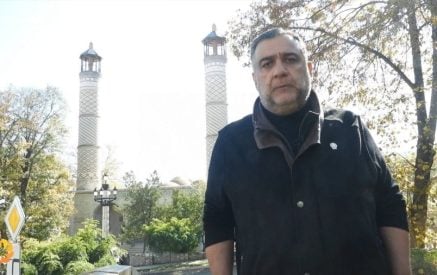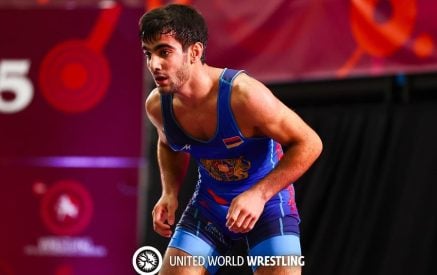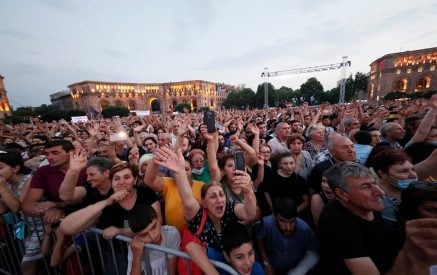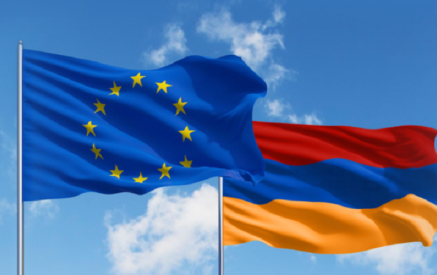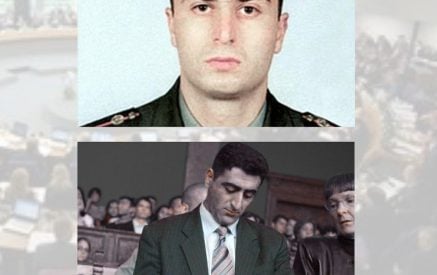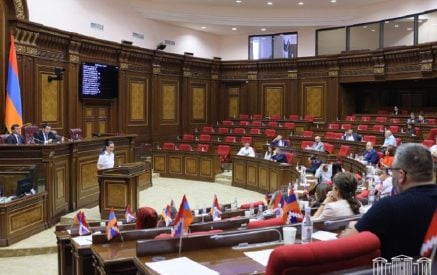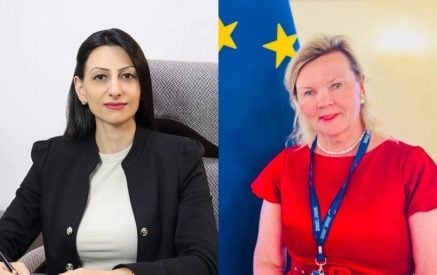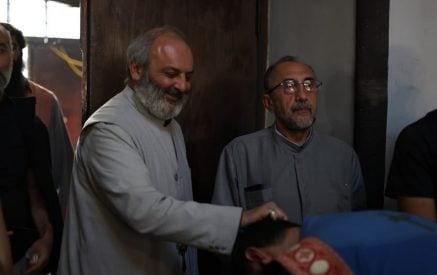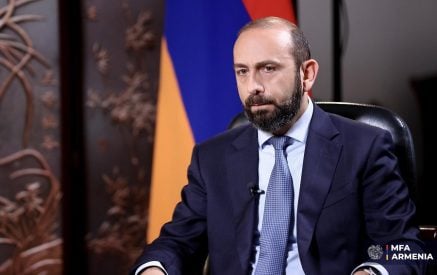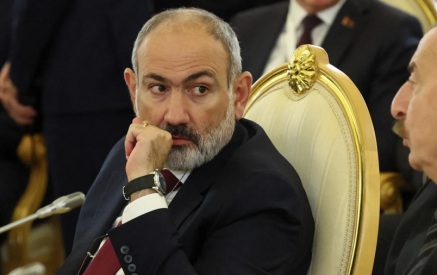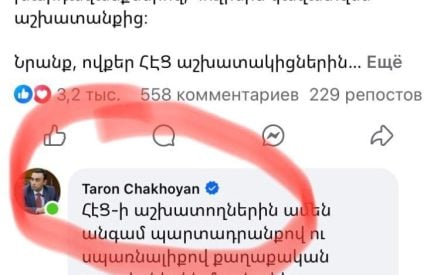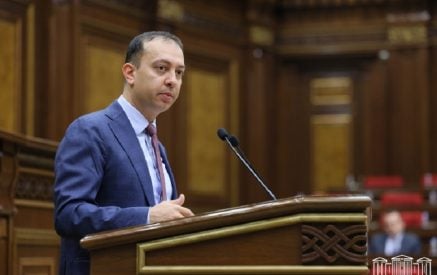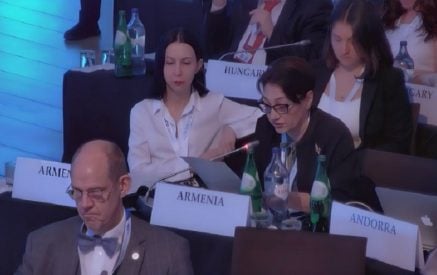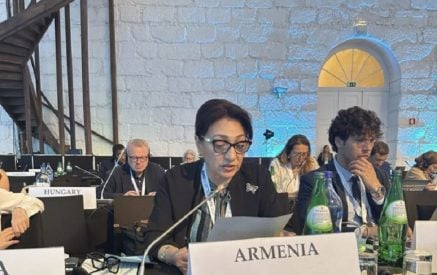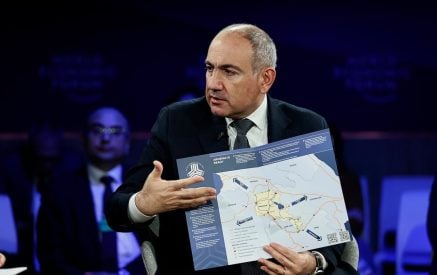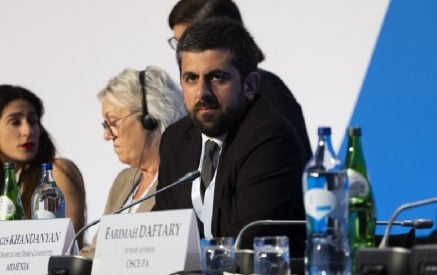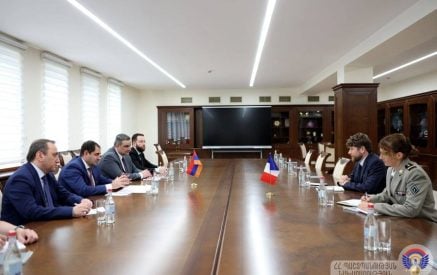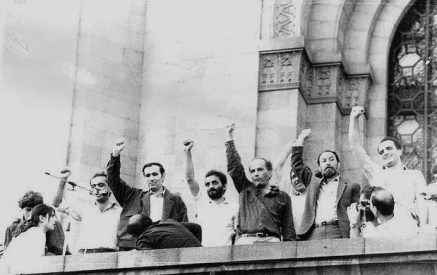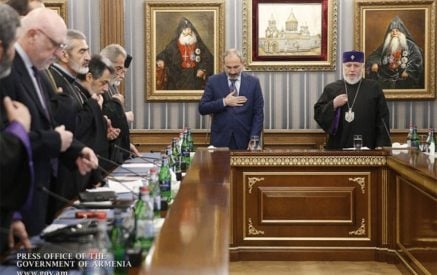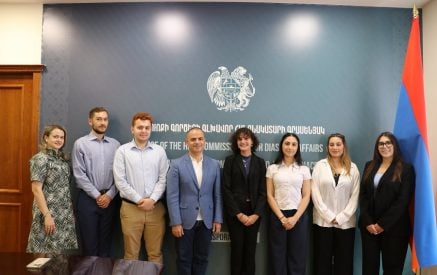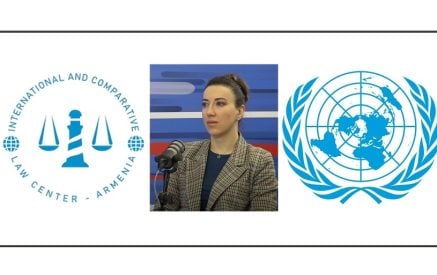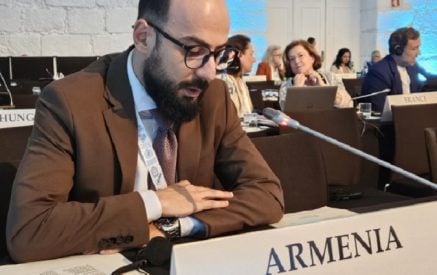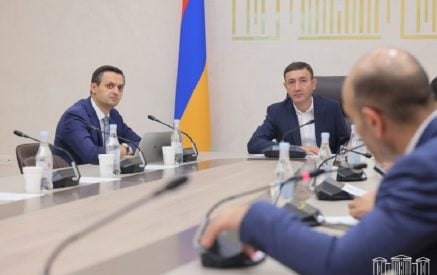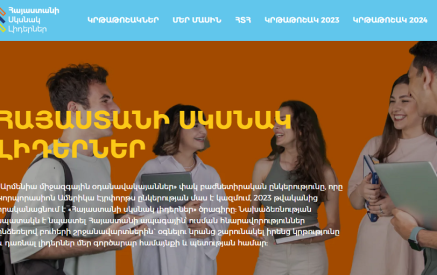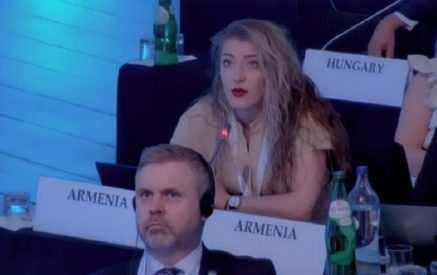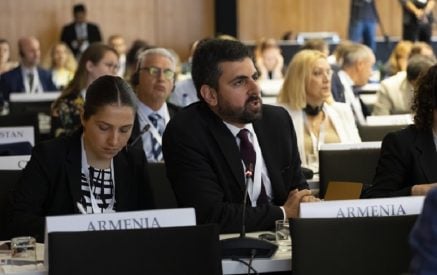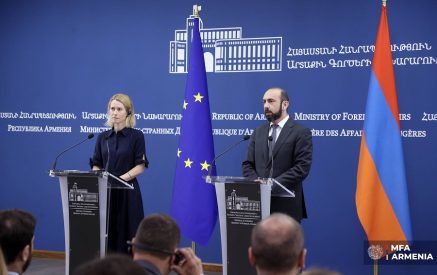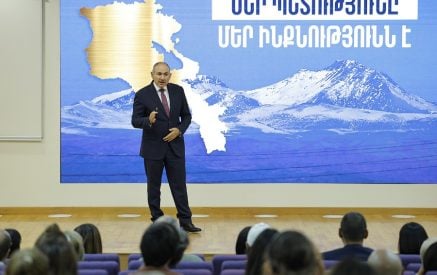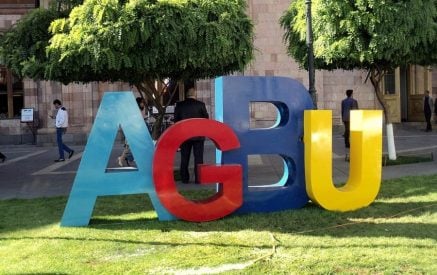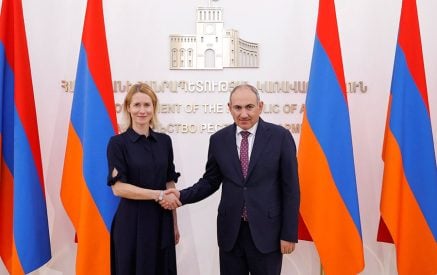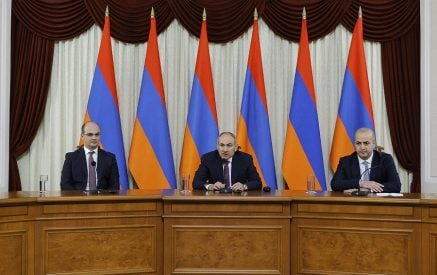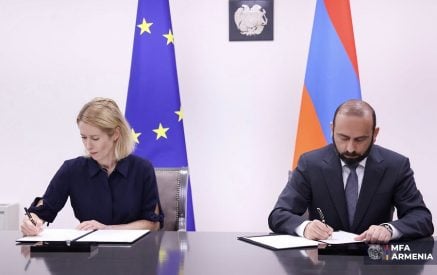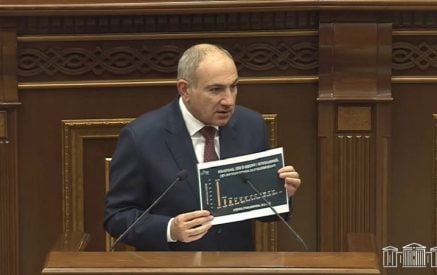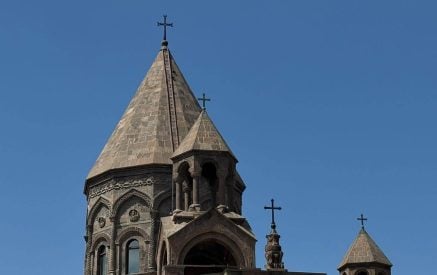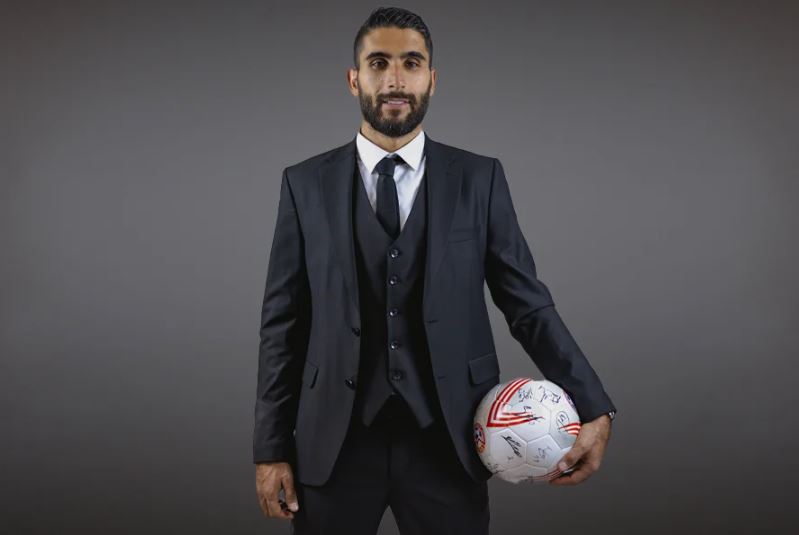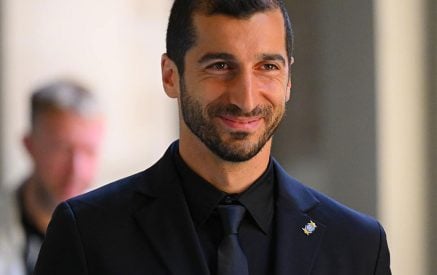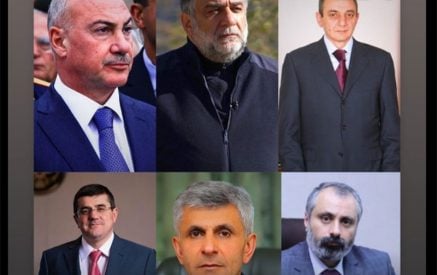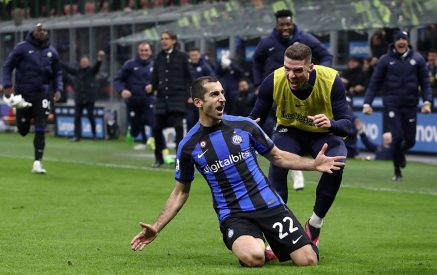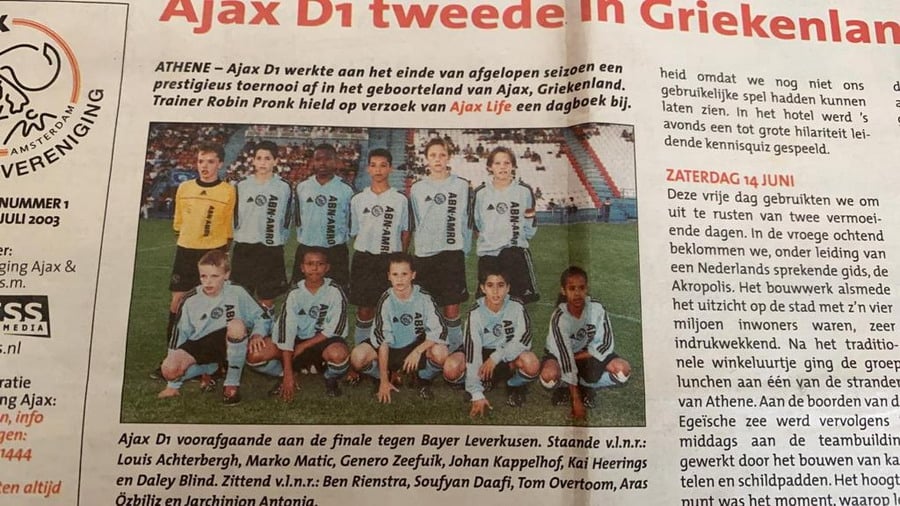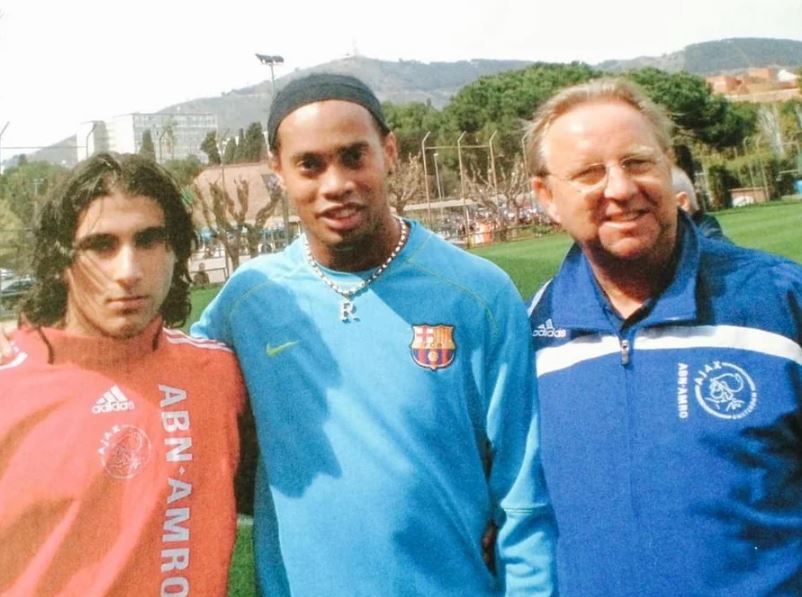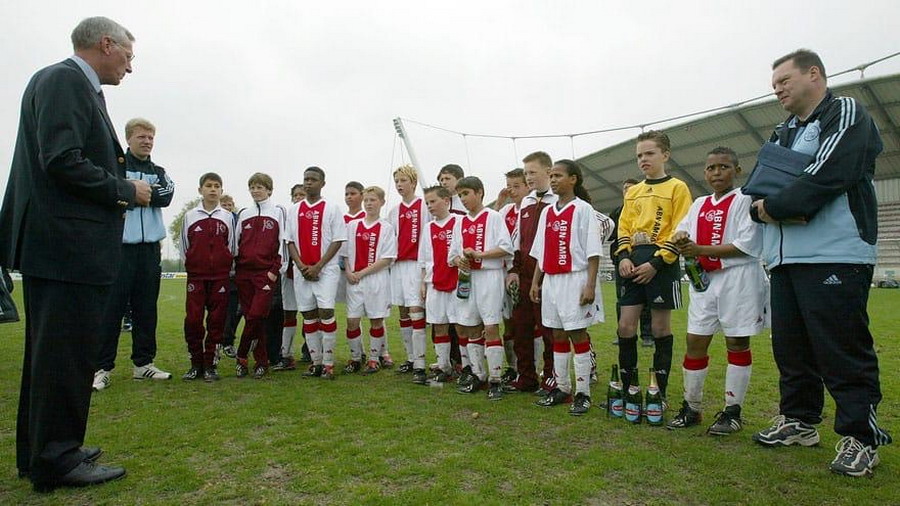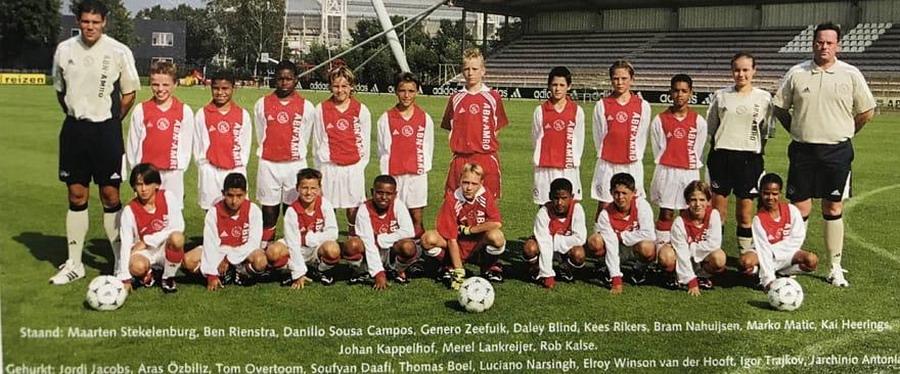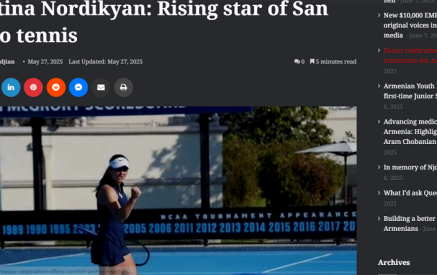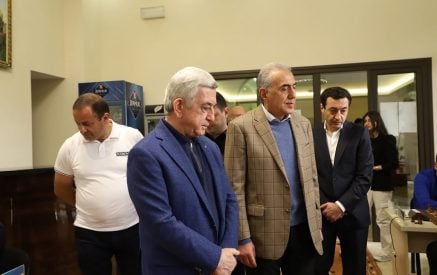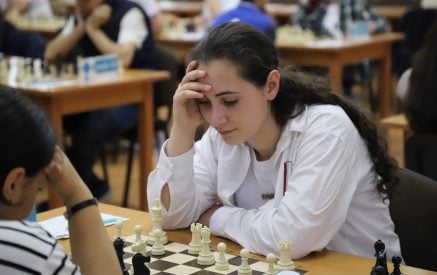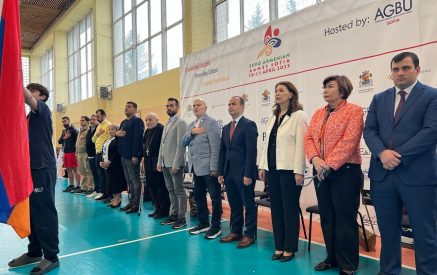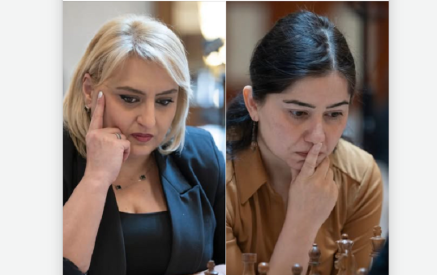Aras Ozbiliz, the legendary former midfielder of the renowned Dutch Football club Ajax and a key player for the Armenian National Football team has recently announced his retirement from football after a 25-year professional football career. The talented footballer, however, has decided to remain devoted to the growth of Armenian football and nominated his candidacy for the president of the Armenian Football Federation by leveraging his vast expertise and knowledge. Born in Turkey and primarily raised in the Netherlands, Ozbiliz shared his story by shedding light on the pivotal individuals, impactful events, and defining moments that shaped the remarkable journey of the celebrated football player.
From Turkey to the Netherlands in the pursuit of a brighter future
My parents of Armenian origin were born in Tigranakert (Diyarbekir, Turkey), and then relocated to Istanbul with their families. My father was deprived of formal education and had begun to work at the age of 8, selling napkins and water on Istanbul’s streets to fund his sister’s education. Over time, he specialized in suit tailoring, attracting a clientele of quite influential Armenians.
Meanwhile, my mother attended Armenian school, mastering Western Armenian fluently. They spoke Armenian at home but used Turkish outside to hide their identity. My mother, named Silva, was called Selma on the street so that no one would know that she was Armenian. Decades later, when I was in Besiktas, my father’s aunt came to visit us in Istanbul and when we called my son Arakel’s name, she was worried by saying: “Don’t use that name; the neighbors might overhear and discern our Armenian roots.” This incident reminded us of the lasting worry that persisted among our family even after all these years.
Read also
We are a family of three siblings: my elder sister, me, and my brother. When I was just one and a half years old, my family moved to the Netherlands, settling in Horn. My father worked in a textile factory, while my mother juggled hospital cleaning duties with house cleaning. They strived to raise us despite the hardships we faced. My mother made sure we were devoted to our Armenian heritage by speaking the language to us frequently and taking us to the Armenian Church every Sunday – a significant influence in shaping my identity.
My mother’s resilience defined strength for me. In 2007, she battled and survived breast cancer after enduring a series of complex surgeries. Sadly, in 2019, after 12 years, she passed away, yet her presence continues to resonate in my life.
On the paternal side, my great-grandfather’s surname was Ozbilir. During the Armenian Genocide, at just 7-8 years old, a Turkish family rescued him. When asked about his identity, he firmly declared, ‘I am Arakel, I am Armenian.’ These people labeled him ‘Ozbilir,’ meaning ‘knows himself, knows who he is’ in Turkish. An administrative error while moving from Turkey to the Netherlands resulted in a letter ‘z’ mistakenly added to our surname, leading us to carry the surname Ozbiliz to this day.
My parents reshaped their lives so I could pursue football
In our family album, there’s a snapshot of a one-year-old holding a ball – my first introduction to the sport. It was my father who noticed my affinity for the ball, encouraging me to play. If he hadn’t seen my interest, he wouldn’t have supported my football journey. Often, our relatives wonder how my father predicted my football prowess. The truth is, he adored football himself. At 4.5 years old, I joined an amateur soccer team in Horn on my father’s initiative.
‘Ajax’ hosted an annual talent discovery event, drawing nearly 1,200 participants. My father took me there, and from that pool, only 18 players were chosen after a six-month course. The ‘Ajax’ academy regularly sent letters every two weeks, determining who advanced. Each day, I’d return home eagerly asking, ‘Mom, did the letter arrive?’ Each acceptance letter doubled my excitement.
Horn was 50 km away from ‘Ajax,’ meaning two hours of travel daily. I was merely eight years old then. Eventually, my father made a pivotal decision—he left his job, and we relocated to Amsterdam to be closer to the club. ‘Ajax,’ renowned as the world’s top academy, has left an invaluable mark on me from my earliest years.
I recall those early days vividly—during our away matches in Germany, and Italy, where other kids’ parents would show up, cheering for and supporting their children. Sadly, my parents couldn’t afford the same luxury. I remember once my cousin sent money for my father’s plane ticket for him to attend my game. Instead, I held onto a jersey tossed by a player to the fans during the Juventus vs Fiorentina match, something I caught myself, and passed it on to him.
I realized that my parents changed their lives to pave the way for my football career and the realization of my dreams.
There wasn’t a single moment when I thought of giving up football
I adored football so that I’d play on the streets, at the club, and during school breaks. In the summer, my father’s rule was clear: once the street lights flickered on, it was time to return home. Yet, I’d often lose track of time playing in other yards, prompting my father to search for me on occasion.
During the 1998 World Cup, when the Netherlands played against Argentina, I remember dyeing my hair orange, matching the Dutch national team jersey. Every kid in our neighborhood did the same.
I idolized Maradona and owned videos of his games. The skill of Brazilian Ronaldo also captivated me, and Messi served as another beacon of inspiration. Messi’s success is the combination of talent and grim. You can’t replicate Messi, but striving with the dedication of Ronaldo might bring you close. What sets both Ronaldo and Messi unique is their ability to perceive things on the field that others can’t notice.
Predicting one’s football fate is impossible. Sure, I might have had talent, but talent alone doesn’t cut it. Football demands hard work and persistence. If you don’t put in the effort and sacrifice, progress will slow down. Eventually, it’s your character and determination that truly count on the field.
Throughout my life, I never thought of giving up on football. It meant everything to me. By the age of 7 or 8, I had already firmly set my goals for a future in football. Not attending weddings or birthdays was a choice that I made to ensure I didn’t stay out late and compromise my sleep, prioritizing being prepared for school the next day.
I excelled academically too. At “Ajax,” maintaining good progress in school is a crucial requirement. They closely monitor players’ academic performance, staying in touch with the school to ensure our success both on and off the field. Life’s journey has led me to learn several languages: Dutch, English, Armenian, Russian, Turkish, Spanish, and I can’t even grasp French. Though I haven’t yet mastered writing in Armenian… Well, I’m working on it!
The biggest trauma of my life occurred when I was 17 years old
During a game, I suffered an anterior cruciate ligament injury—a severe injury in any footballer’s career and I went through a complex surgery. I feared I might never play again, believing my career had prematurely ended. Even now, it remains a deeply rooted trauma. Ask me about past matches or goals I’ve scored and I would not give any detail, yet every aspect of that moment—the day, the hour, even the weather—remains engraved in my memory.
After enduring three major injuries over my career, I spent 4.5 years away from football. Those were tough times, but I pushed through. Despite it all, I managed to participate in a total of 250 games. Many wonder how my career might have unfolded without these setbacks. Some perceive it as misfortune, but I hold a different perspective. Despite the hardships, I consider myself fortunate—I’ve managed to return to football after facing significant injuries. That, to me, is complete luck.
Farewell to Ajax: a new phase in my football career
Nearly half my life was spent at “Ajax,” where I played my inaugural game in 2010 and the last one in 2012. It was, without a doubt, playing in “Ajax” was the biggest achievement in my life.
In that same period, I made my debut for the Armenian national team, stepping onto the field for the first time in Cyprus in February. Born in Turkey, and raised in the Netherlands, with deep Armenian roots—granted me eligibility to play in one of the national football teams. I chose Armenia, driven by the strong connection to our Armenian heritage, a consciousness deeply instilled by my parents.
During my time at the Armenian National Team, I met for the first time and became close friends with Henrikh Mkhitaryan, and we’re still great pals today. Henrikh was among the players fluent in English, making communication effortless. Marcos Pizzelli and Yura Movsisyan also communicated in English which made it easy for me to interact and be friends with them too.
Ruben Hayrapetyan, the president of the Football Federation of Armenia at the time, suggested I play for “Kuban” in Krasnodar. Making a decision was quite a tough process. It felt like a whole new world, landing in Kuban—it was a complete contrast. The airport was old, it was night, and I stepped off the plane with two suitcases. An administrator greeted me, but we struggled to communicate due to my lack of Russian and his poor English. Arriving at the club, I found outdated facilities and equipment. I remember thinking, “Where have I ended up?” Those first days were incredibly challenging, especially as nobody at the club spoke English. However, when the coach changed after two weeks, everything turned around. I started performing well. Later on, I moved to “Spartak” Moscow. I felt comfortable in the Russian Premier League, playing about 60 games and scoring 14 goals.
Transitioning to Turkish club “Besiktas” was a tough decision, too, perhaps the toughest. It posed challenges for both me and my family. The club’s owner personally reached out to me after finding my number. We met at a hotel, and he, knowing I was Armenian, even called his Armenian friends. During that time, my relationship with “Spartak” wasn’t at its best. “Besiktas” offered me a 4.5-year contract. However, a third cruciate ligament injury made me doubt my career’s continuity. After discussing it with my family, I made the significant choice to join “Besiktas,” an essential and impactful phase of my football journey.
I ended my career in Armenia playing at first in “Pyunik” and then in “Urartu” which was a unique experience for me. Both clubs hold special places in my heart. I was the captain of “Pyunik,” learning a lot about Armenian football. With “Urartu,” I won the Armenian championship which was a cherished achievement.
Finding an Armenian wife was important for me
Our paths crossed in the Netherlands through an Armenian youth club. Finding a wife of Armenian origin wasn’t just a personal preference; it held importance for my parents too. Now, I have four children—three sons and a daughter—who are growing up in Armenia. My elder boys show a passion for football, and should they aspire to excel in the sport, I’m committed to standing by their side, as my father did for me. The same goes for my daughter; if she chooses football, I’ll undoubtedly support her.
Choosing not to alter our surname to Ozbilizyan was deliberate. I wanted my children to always recall the story of our grandfather, Arakel. It’s a way to preserve our roots and honor the story that defines our heritage—a crucial reminder of the struggles our ancestors pulled through.
I tried myself also in the restaurant business and found success
A relative of mine had a restaurant in Amsterdam, and we decided to collaborate on a new venture. I invested in the endeavor, and together, we renovated the space, establishing the “Lavash” restaurant in the heart of Amsterdam. Unfortunately, our launch coincided with the onset of the COVID-19 pandemic, posing significant challenges. Despite my earnest hope for my cousin to continue the business, he expressed no interest. I decided to take on the responsibility of managing it myself.
I enrolled in courses for obtaining a restaurant management license. I immersed myself in the operations, often wearing a uniform and serving as a waiter. Regular customers recognized, expressing surprise and curiosity, to which I simply smiled and affirmed my work there. I never disclosed my ownership of the restaurant. For about a year and a half, I combined roles as both a waiter and a cook.
Within two years, the restaurant flourished to such an extent that I opened another place in Amsterdam—a more tourist-oriented Italian restaurant. My businesses continue to thrive in the Netherlands while I’ve chosen to reside in Armenia.
My mission is to bring a significant impact
I’m committed to fostering the growth of football in Armenia. Titles or official positions aren’t what I seek. I’ve consistently expressed my desire to support Armenian football after my career. To enact substantial change on a global scale, one needs to be in a position to make core decisions.
Even if I’m not appointed to an official role, I’m committed to making meaningful contributions to advance Armenian football. While Armenia has seen success in individual sports, nurturing team sports like football is equally crucial. It’s a challenging task, but I firmly believe that with dedication, everything is possible.




